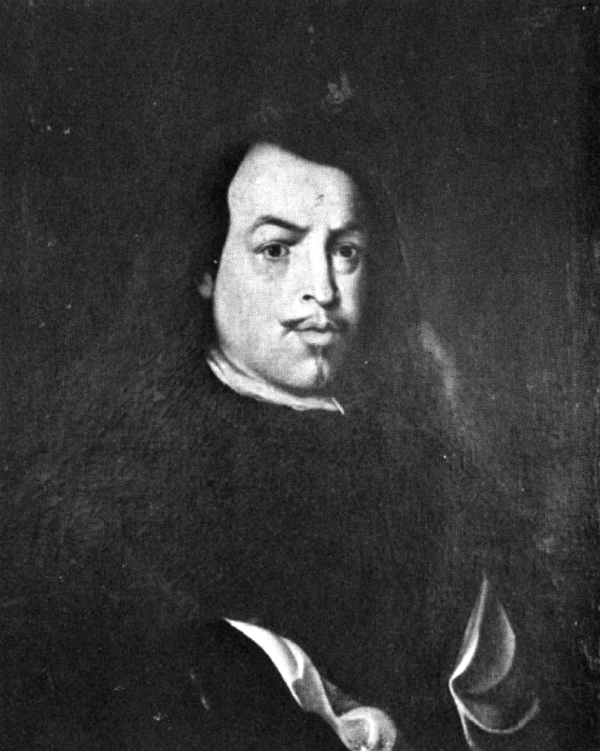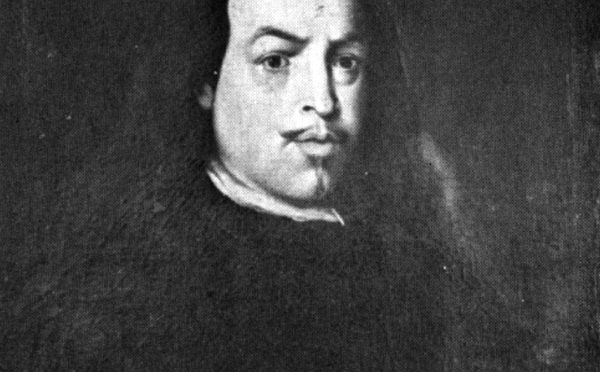History is full of characters that, while not always highlighted in our text books, made seminal contributions that certainly impacted the course of events. In the early days of what would eventually become the United States of America, numerous Basque were behind the scenes, working in official capacities for France and Spain, aiding the American effort against the British. Luis de Unzaga was one of those Basques, over his life governing several regions of Spanish America.

- Luis de Unzaga y Amézaga was born in 1717 to a prominent Basque family in the southern Spanish city of Málaga. He was the son of the mayor of the Alcazaba of Malaga, Francisco de Unzaga-Amézaga Aperribay; the grandson of the alderman of Bilbao, Tomás de Unzaga Gardoqui (Diego Gardoqui was a cousin) and great-grandson of the royal commissioner and paymaster of the Navy, Francisco de Unzaga Beraza. On his mother’s side (Juana Paniza Ladrón de Guevara), he was the grandson of Luis de Paniza-Ladrón de Guevara, captain of the coast of Granada, and great-great-grandson of the philanthropist and founder of schools in Lombardy, Luigi de Paniza. Coming from a military family, he himself joined when he was only 13 and in 1732 was part of the reconquest of the Algerian city of Oran.
- Unzaga was the fourth Spanish governor of Spanish Louisiana, which had become part of the Spanish empire in 1762 after the Treaty of Fontainebleau. He served from 1769 to 1777, when the American colonies declared their independence from Great Britain. He wrote George Washington, calling him “General of the United States of America.” Washington so liked this phrase — the United States of America — that it became the new name of what until then had been called the 13 colonies.
- Unzaga used his powerful family connections to help the fledgling nation, particularly by alerting Washington to the movement of British troops. He created a spy network that helped him deliver, clandestinely, five tons of gunpowder up the Mississippi River that was used in the defense of Fort Pitt. Before that, in 1772, he had sent a merchant, one Juan de Surriret, to New York to collect intelligence on British activities, in an effort to understand threats against Spanish holdings in the Americas. With his superior, Antonio María de Bucareli, he used Cuba’s fishing fleet to both gather and transmit intelligence.
- Unzaga was instrumental in the transition from French to Spanish rule in Louisiana. He tried to bolster New Orlean’s exports and promoted lumber and cotton industries that would benefit the region for many years. And he turned around Louisiana’s treasury.
- While in Louisiana, he married Elizabeth St. Maxent, daughter of Gilbert Antoine de St. Maxent who was the wealthiest man in Louisiana. They had one daughter.
- After completing his service in Louisiana, Unzaga became Captain General of Venezuela in 1777 and, in 1783, governor of Cuba. He retired to Málaga, serving as Lieutenant General of the General Command of the coasts of Granada. He died in 1793.
Primary sources: Luis de Unzaga, Wikipedia (English); Luis de Unzaga y Amézaga, Wikipedia (Spanish); Luis de Unzaga y Amézaga, Real Academia de la Historia; The Role of the Basques in the US War of Independence, About Basque Country
Discover more from Buber's Basque Page
Subscribe to get the latest posts sent to your email.



Greetings,
Timely post! Few excerpts from a wonderful, well researched booklet. “Spanish Aid to the American Revolution: 1775-1783.
” the battle of Yorktown ended the war–most American have heard that this was an American and French history, but few know that the Spanish of Cuba provided the money to pay for this victory”.
” In order to fight at Yorktown, Washington needed supplies, arms, and money. Washington asked his French supporters for a million in aid but they were out of money.” The French went to Haiti to raise money, but they were too poor. While in Haiti, the French contacted the Spanish authorities who arranged to get 1.2 million pesos for Washington from Spanish Cuba. In Cuba the Spanish Government donated part of the 1.2 million pesos and the businessmen and the patriotic ladies of Havana raised the rest”.
” At the 1783 Paris peace agreements the new American nation received undreamed of boundaries that included lands belonging to Spain. The patriots signed a separate treaty with England, contrary to promises to Spain and France not to do so without them”
“Without consulting Spain, England granted a western boundary running down the eastern side of the Mississippi and a southern border cutting through northern Florida. Spain had equal claim with England.”
In short, “Spain gained very little in helping the Americans in their war and received no appreciation for their aid’.
The booklet is available from the Spanish History Museum , Elmer Martinez 320 Fern Springs Drive, SW. Albuquerque, NM 87121
Safe 4th of July to all.
Monique
Thanks Monique! Very interesting!